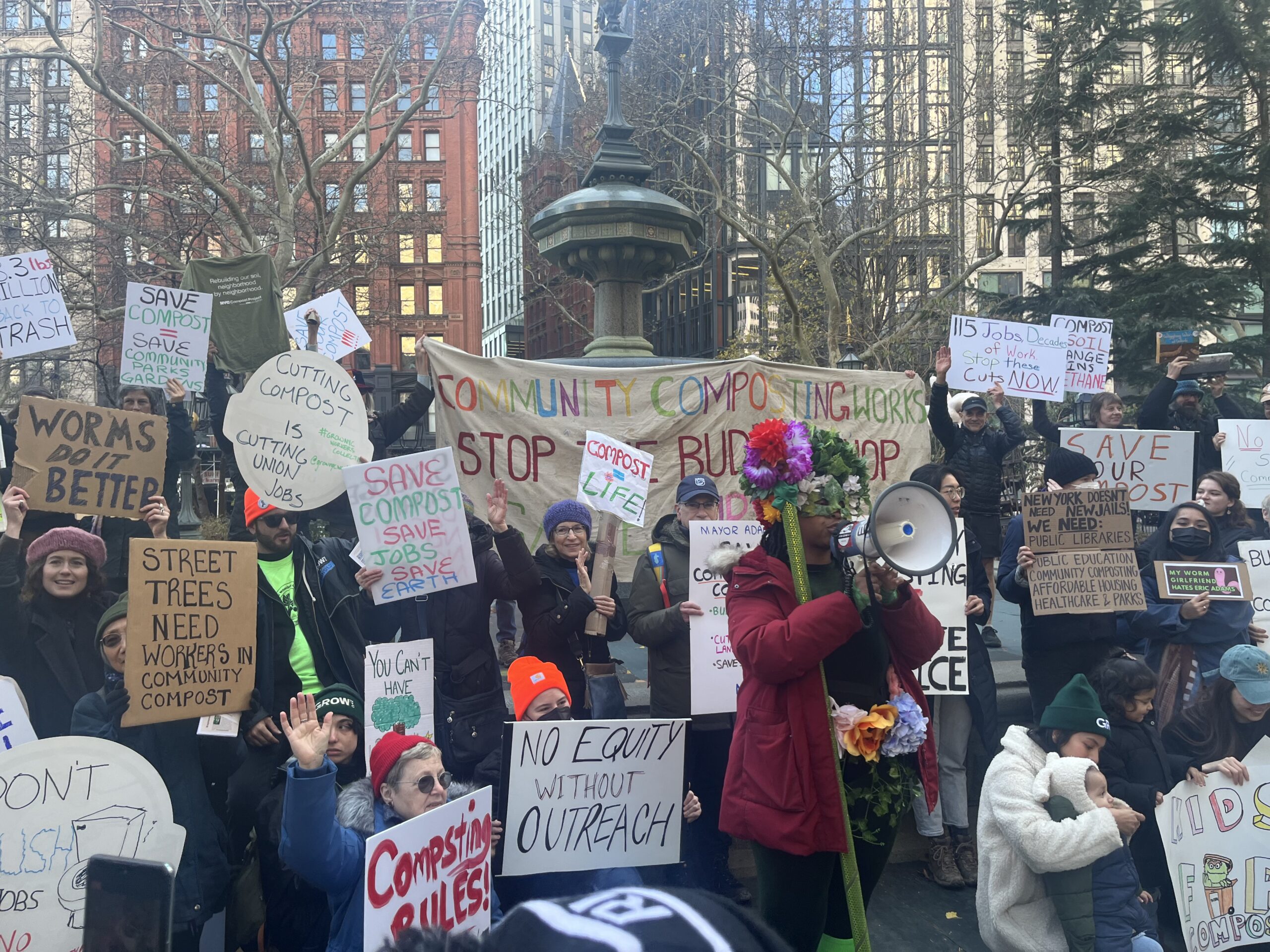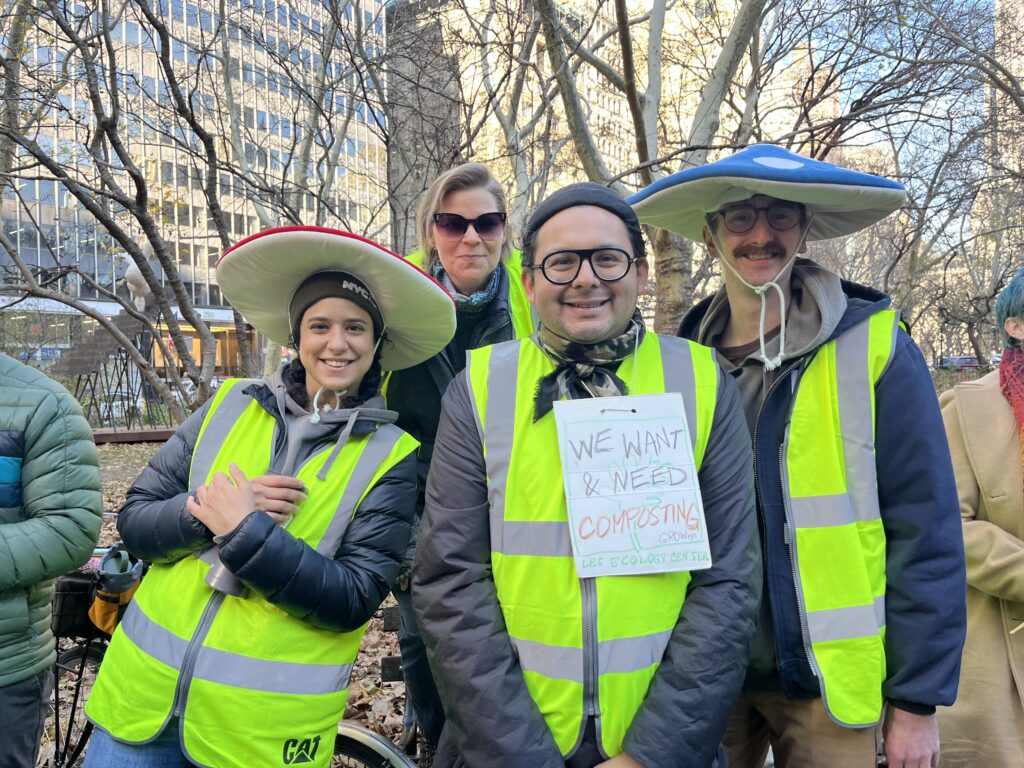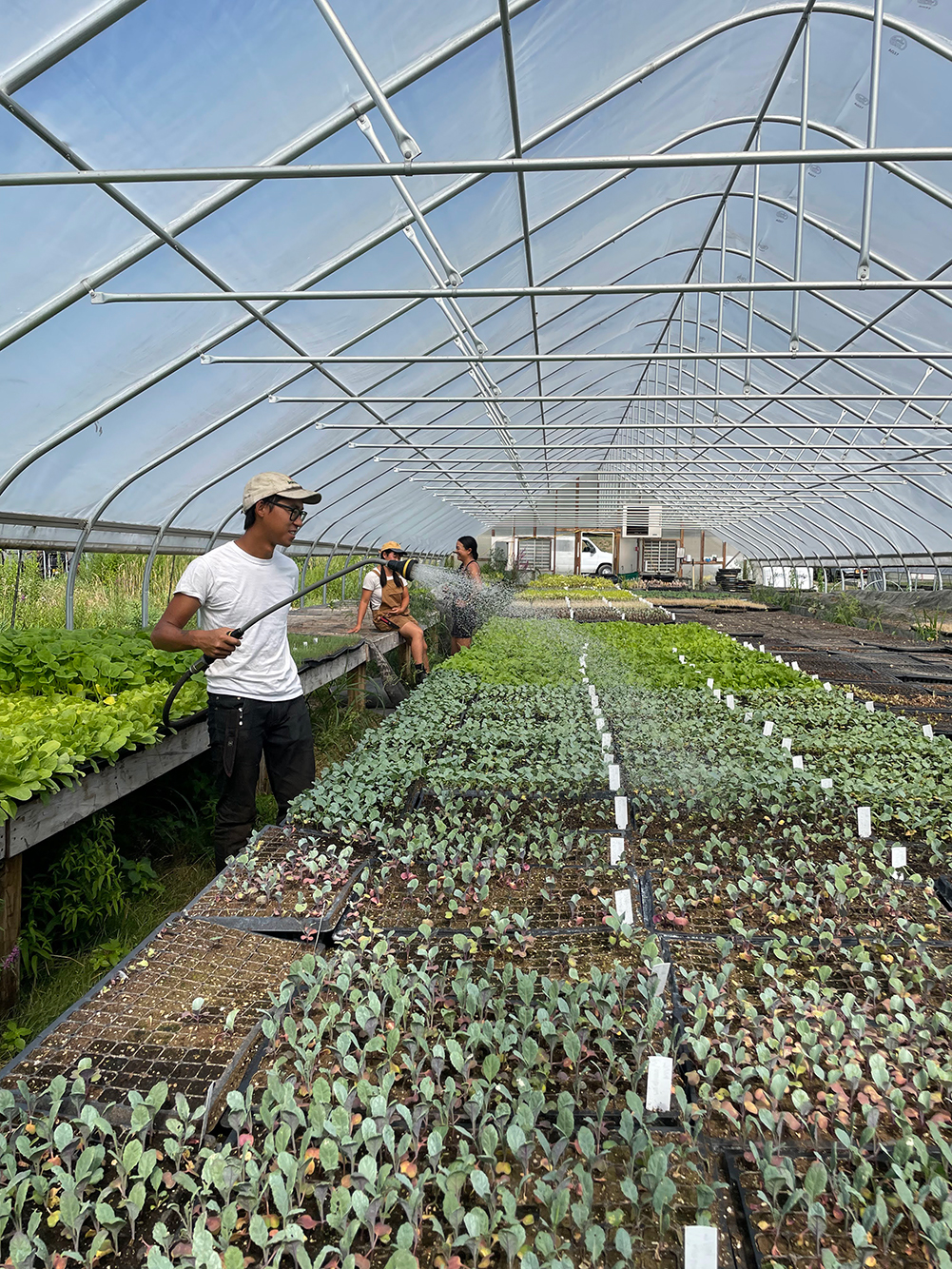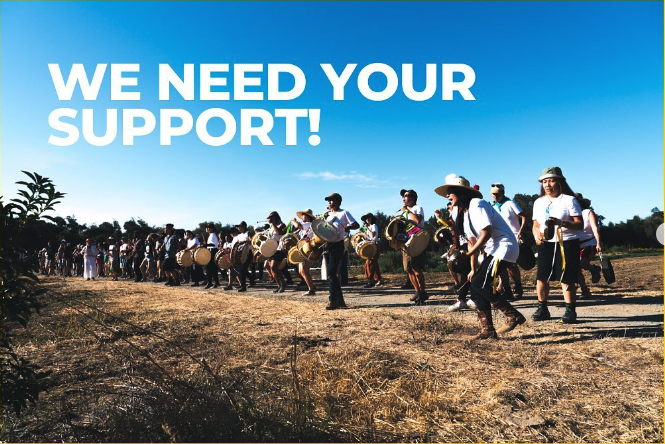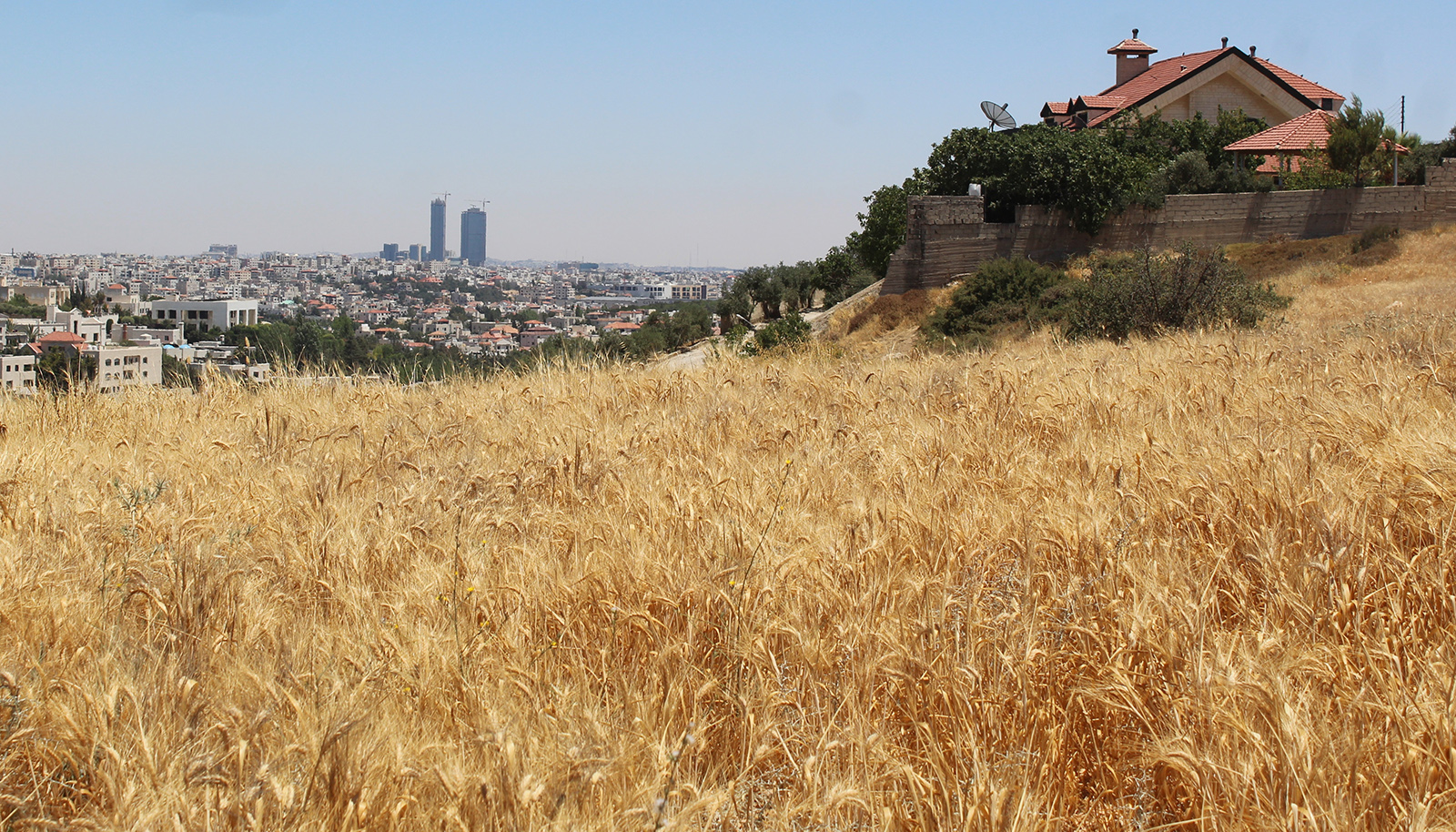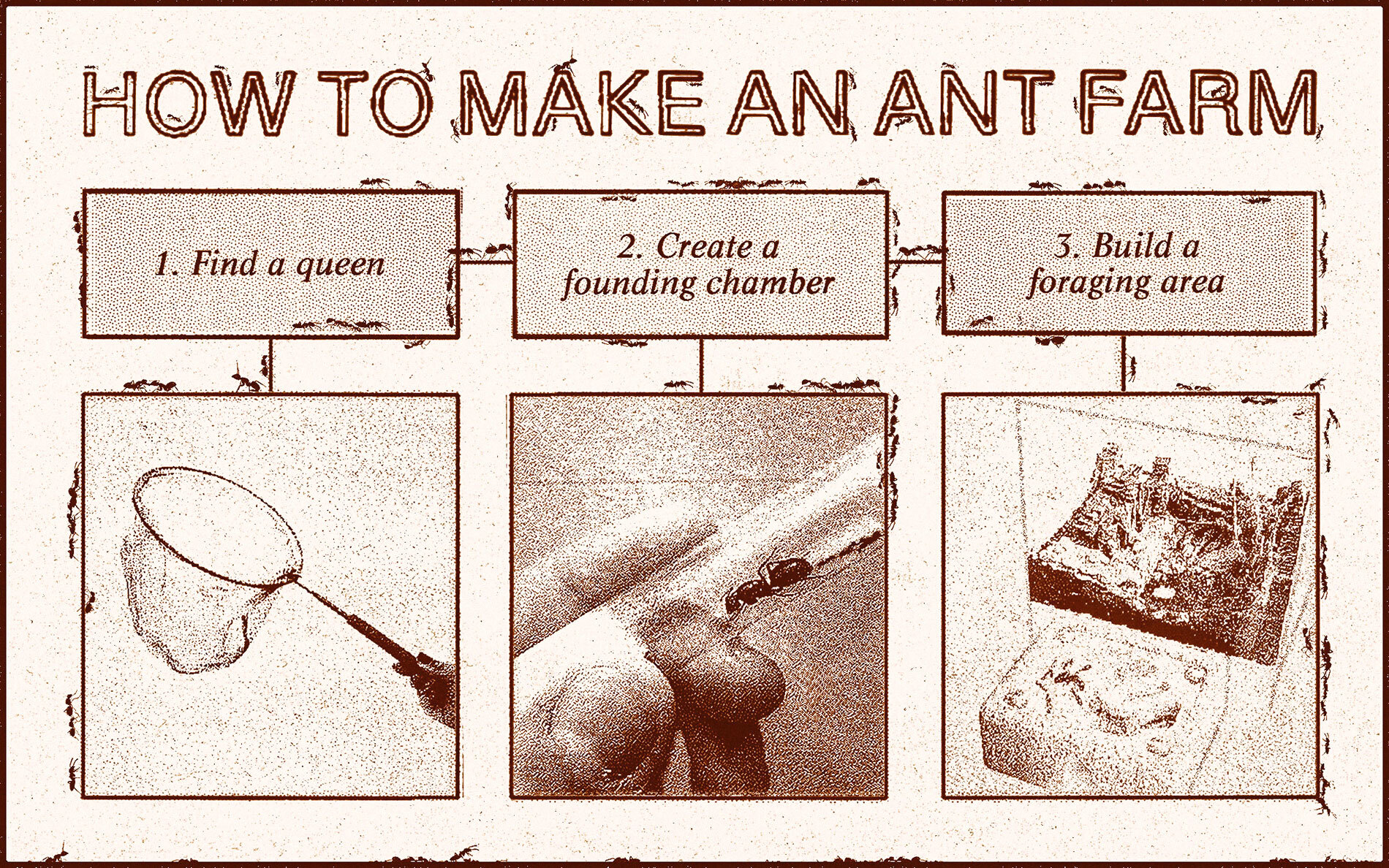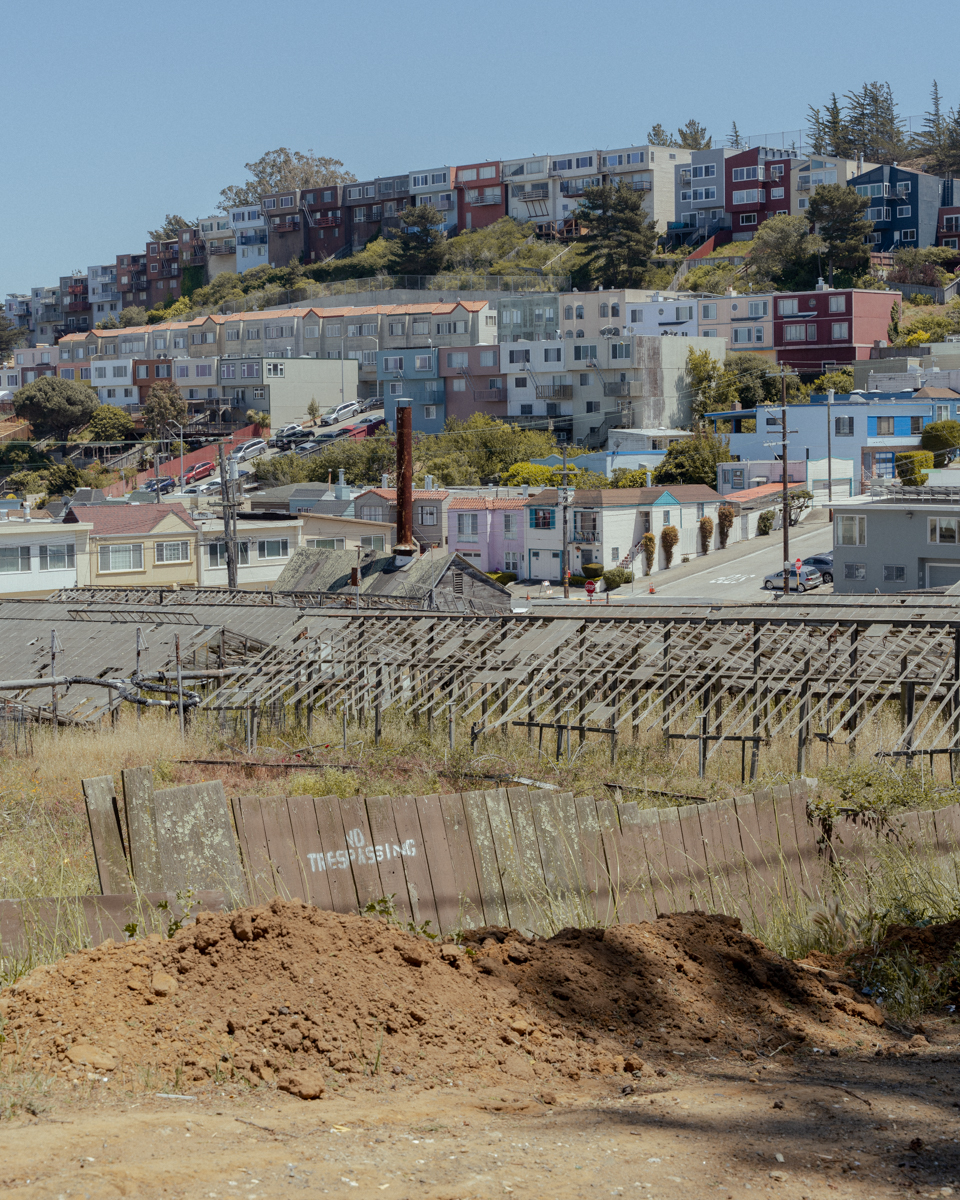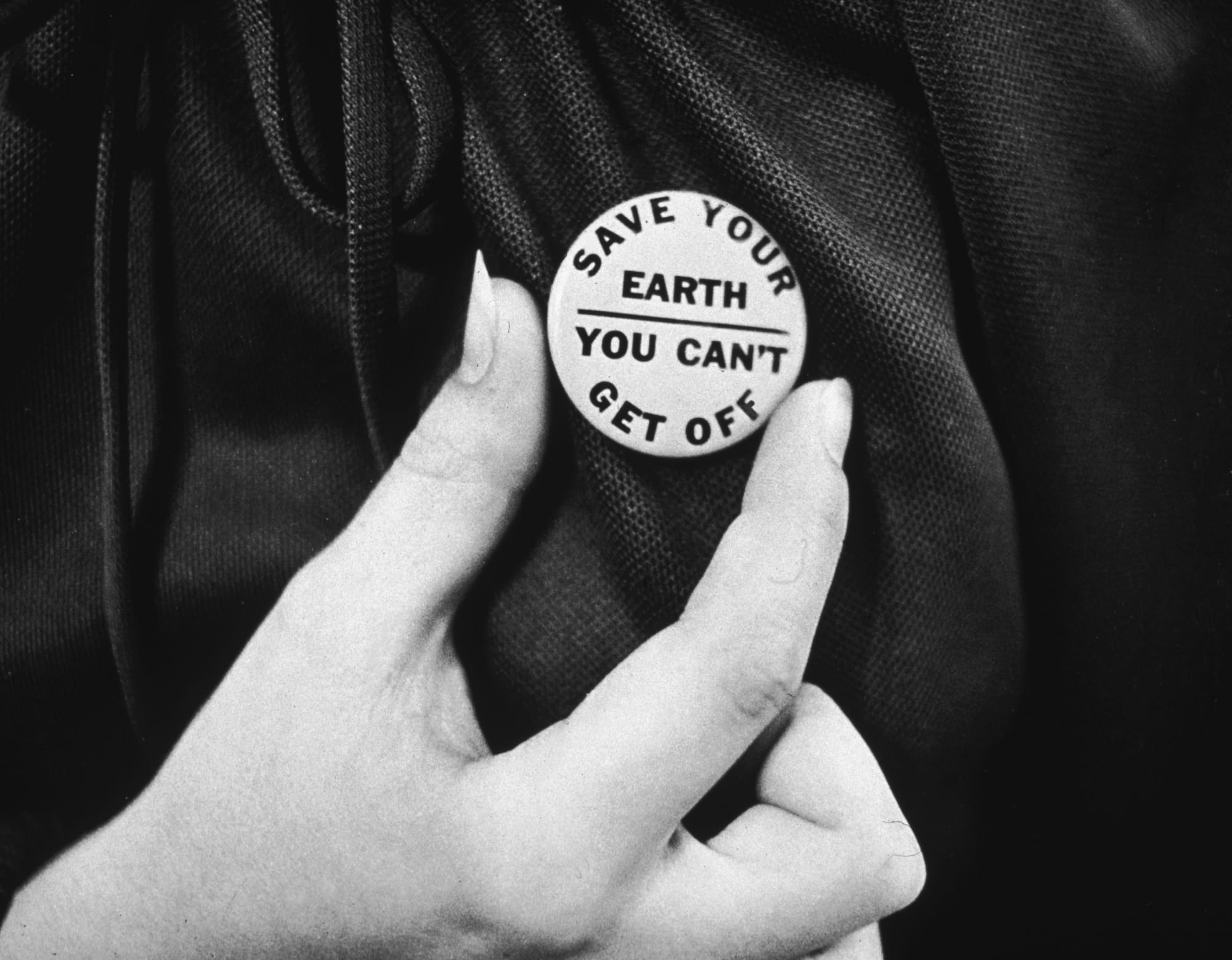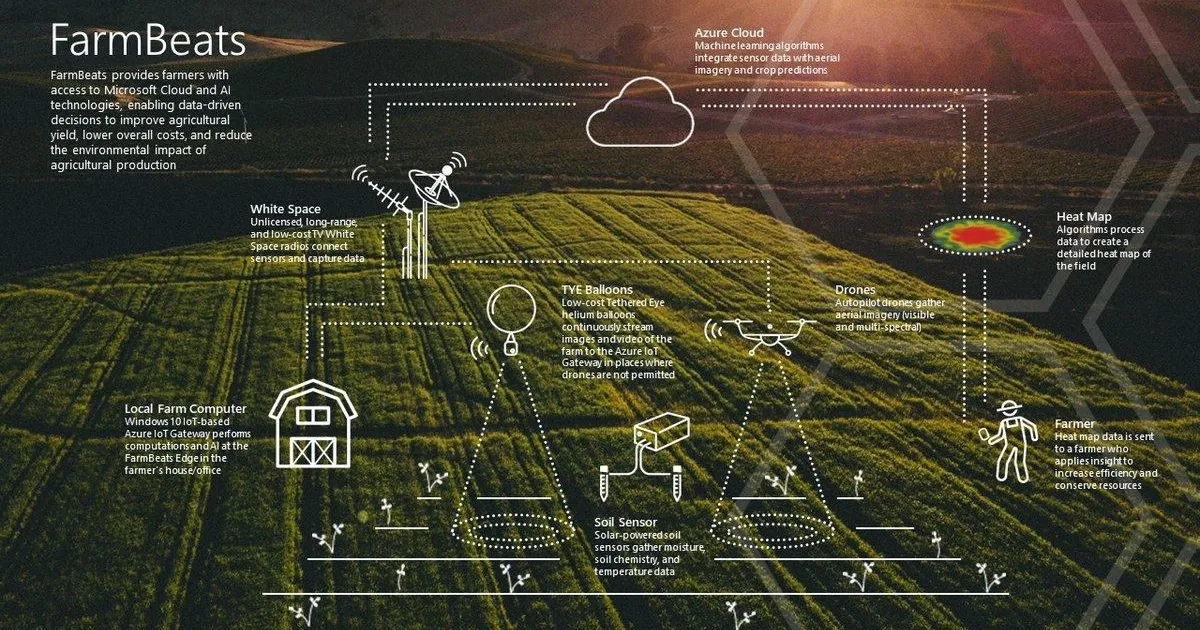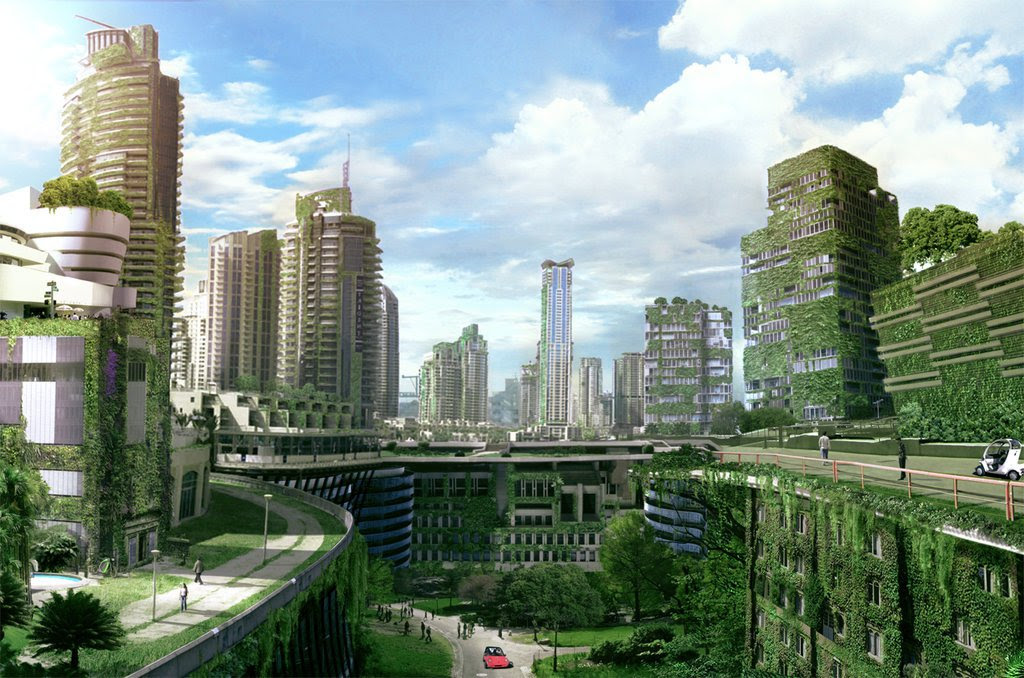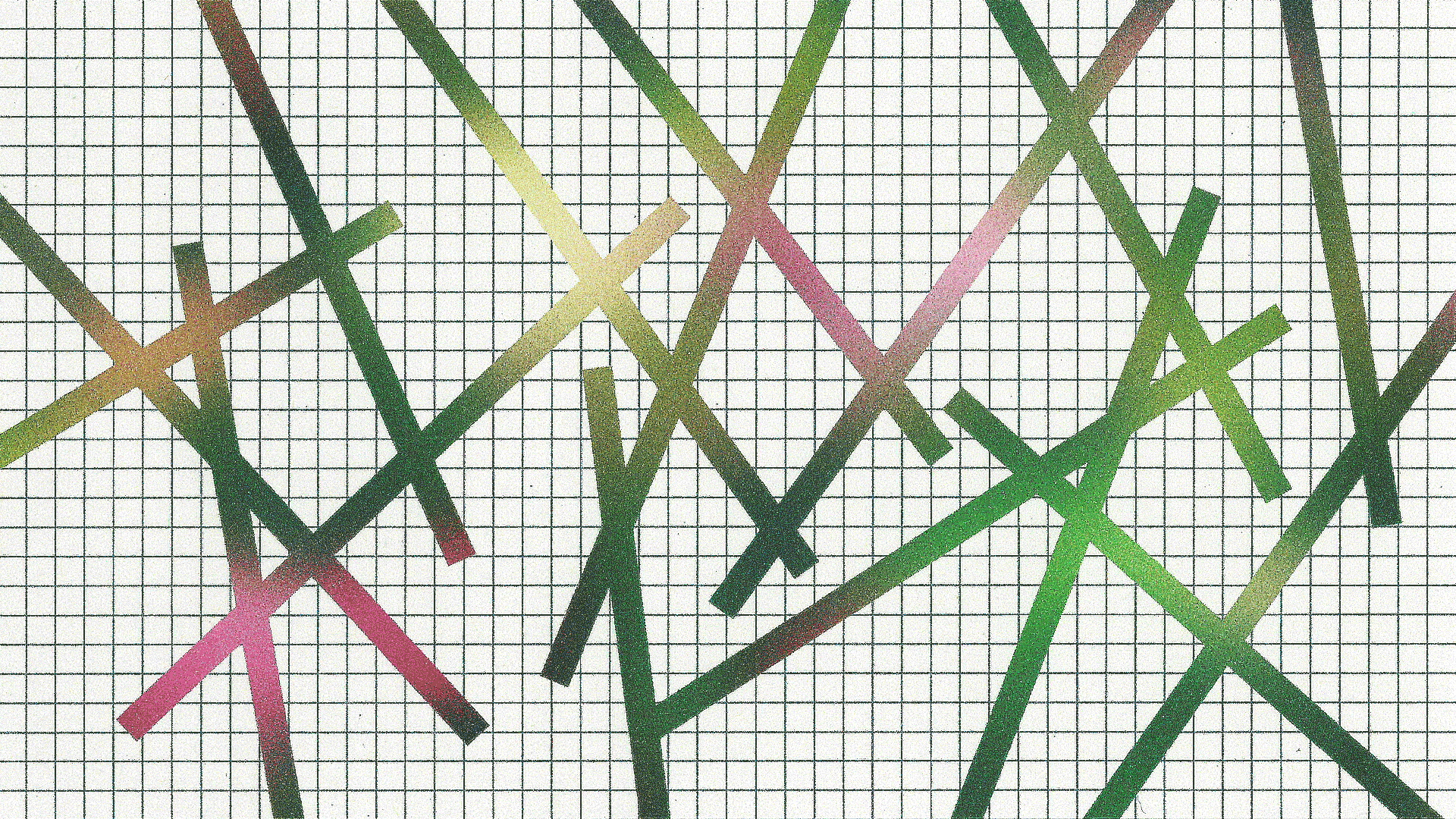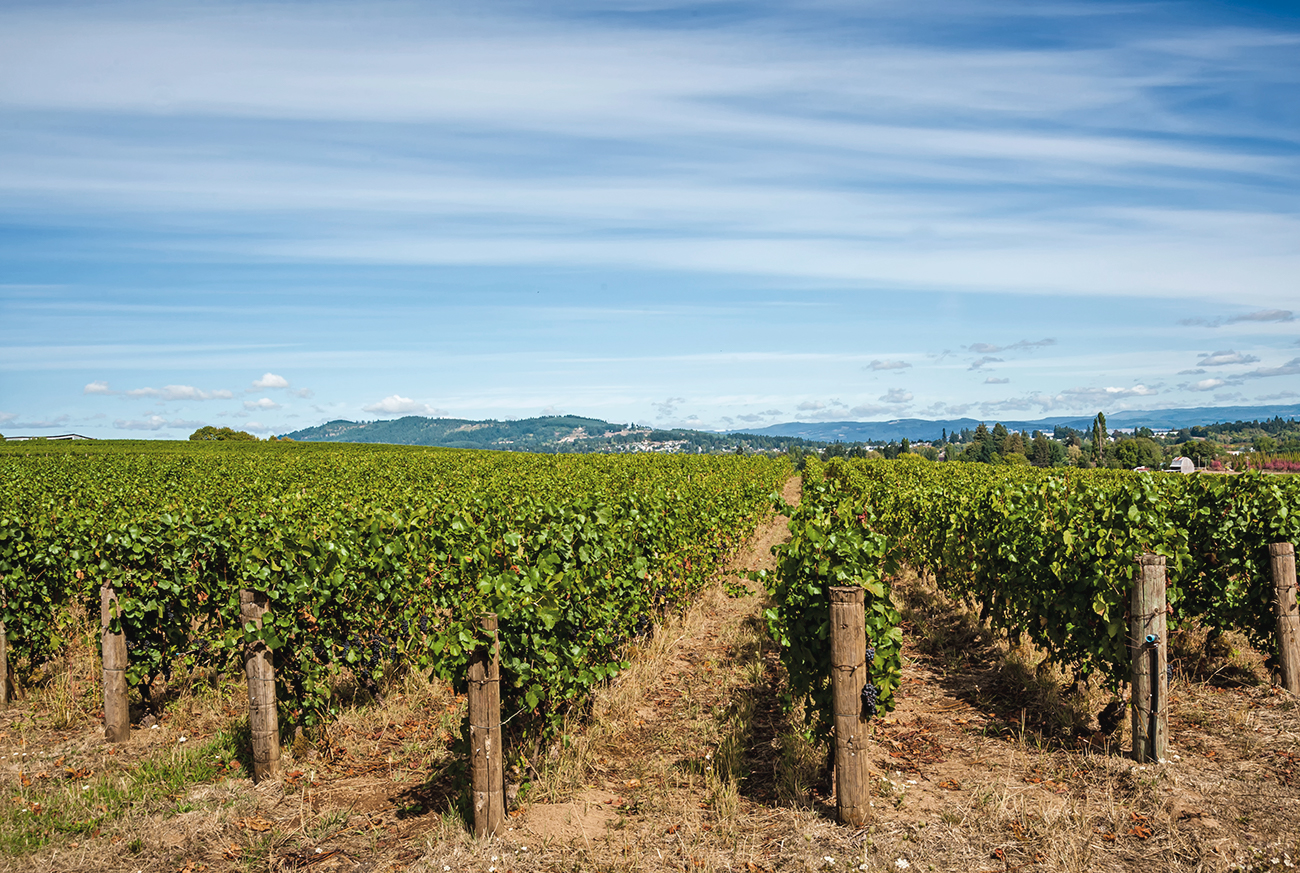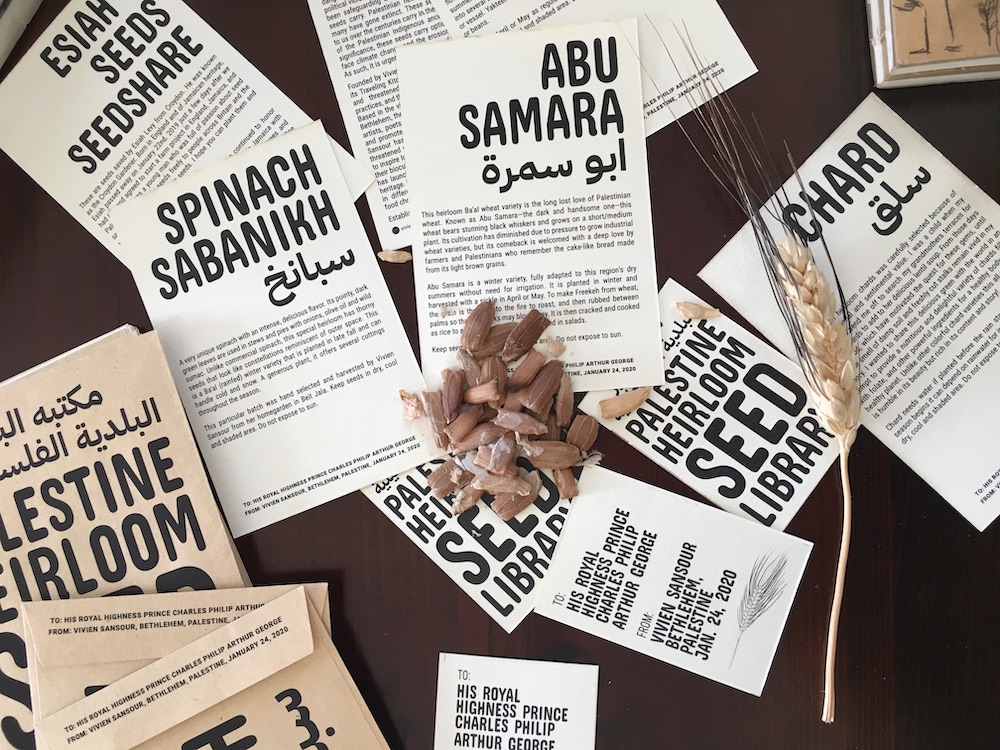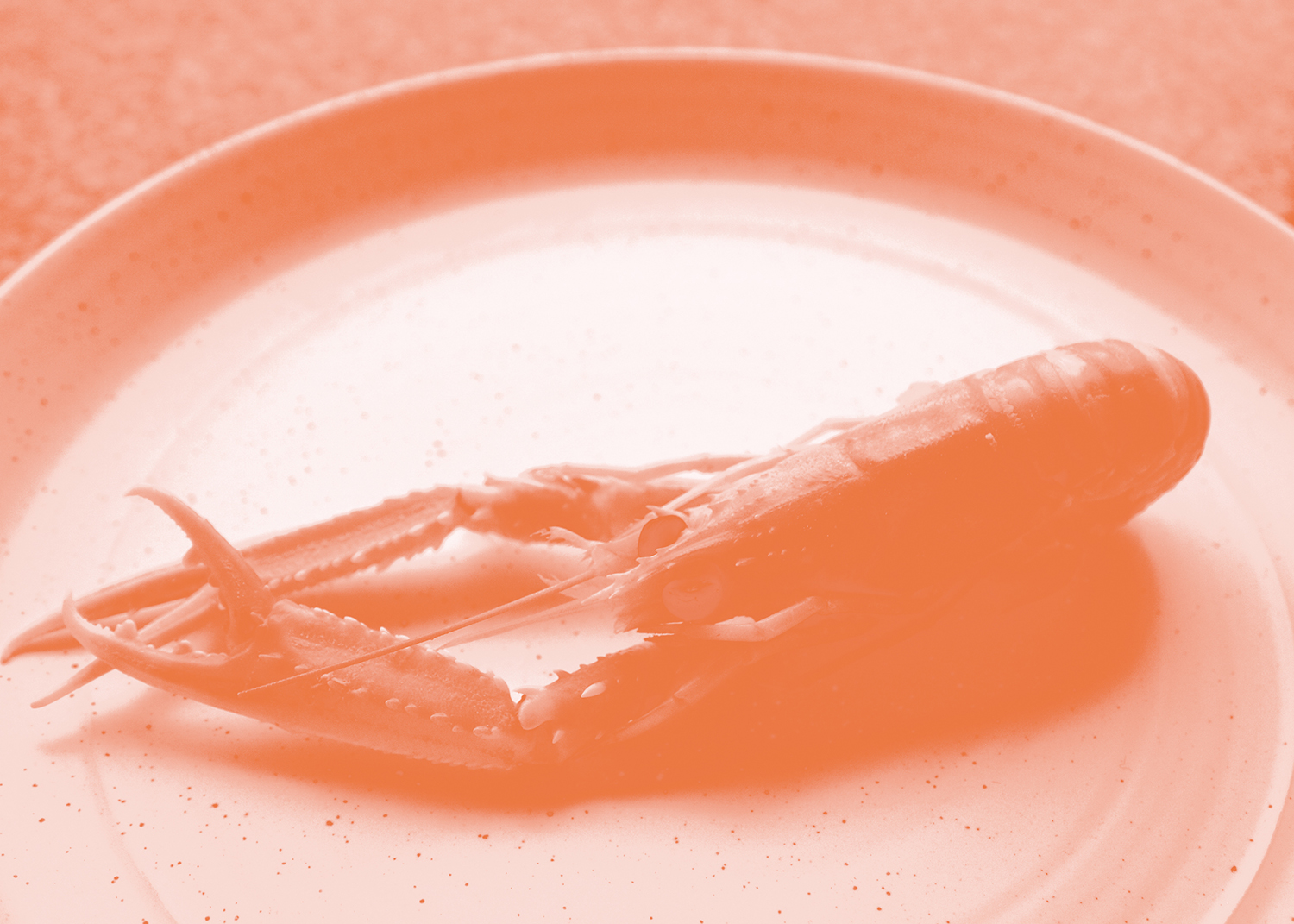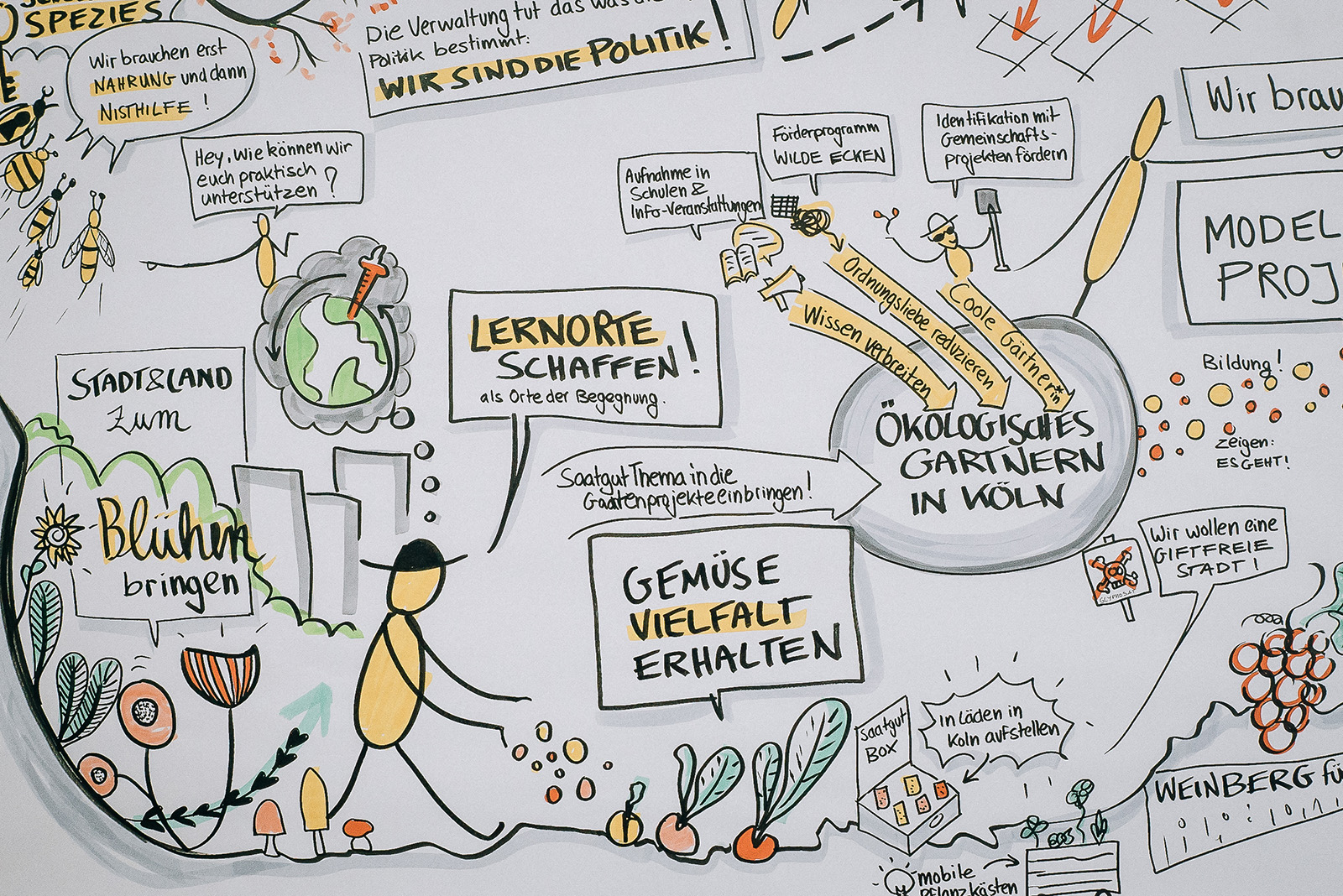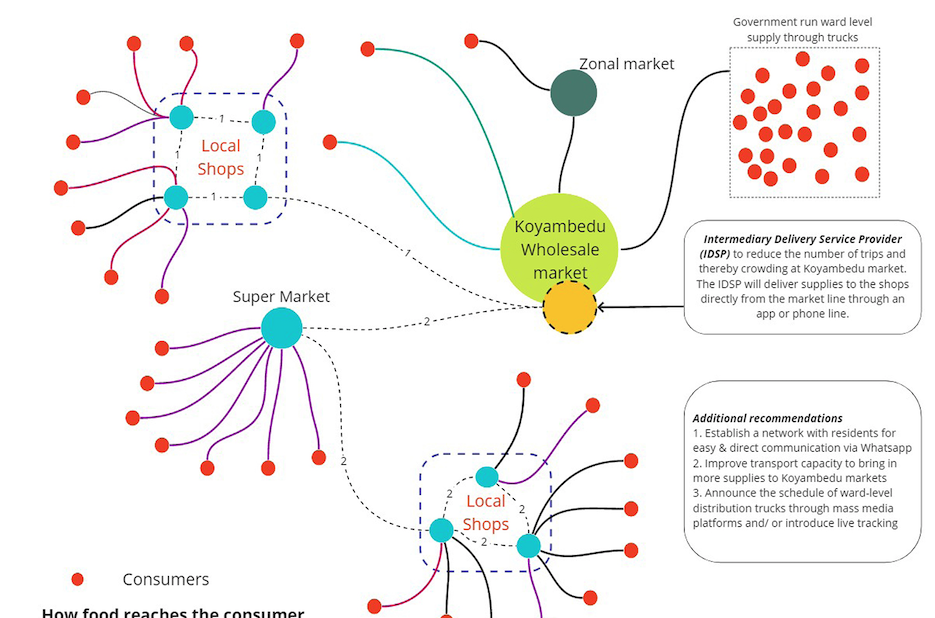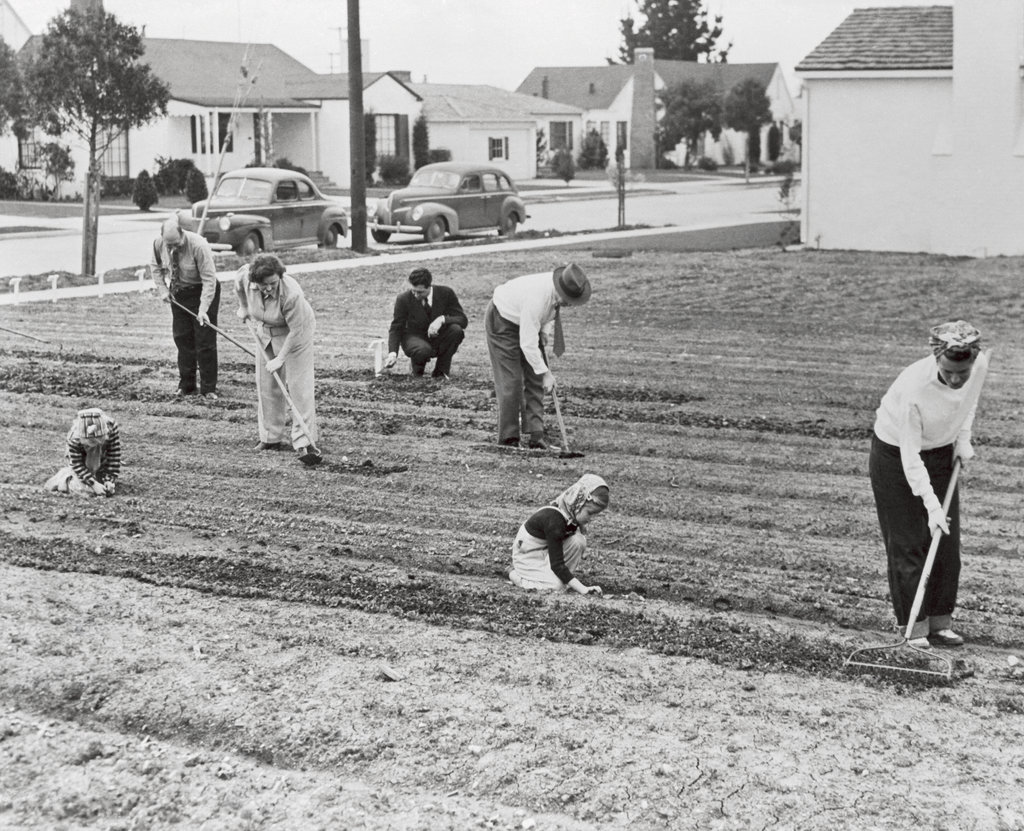If you’ve ever lovingly brought a bag of food scraps to your farmers market or local community garden for composting, you understand the beauty of knowing your waste is being turned into nourishing, living, soil. Last month, Mayor Adams announced drastic budget cuts to city services affecting all facets of public life in New York City, from libraries to schools, policing to community composting. By slashing the $6 million budget line to fund community compost programs the city will be shuttering programs like beloved food scrap collection and compost education for community gardens.
For New Yorkers concerned about the end to this vital community service, you can:
- Attend the rally today, Wednesday, December 6 at City Hall at Noon.
- Sign the GrowNYC petition.
- Reach out to your city council member and voice your concern.
- Testify at City Council Budget Meetings: Thursday Dec 7 @ 10AM for the Committee on Sanitation and Monday Dec 11 @ 10AM for the Oversight Hearing on the Mayor’s Budget. Signup here to testify (in person, Zoom, written)
We spoke with Renee Crowley and Antonio Lopez of the Lower East Side Ecology Center about the critical importance of community composting for both the city and the people of New York.
MOLD:
The LES Ecology Center is the longest running community compost program in the City. How did the program come about in the ‘90s?
Renee Crowley:
In the ‘80s, the Lower East Side looked different than it does today—there were a lot of vacant lots filled with rubble and trash. The founders of the LES Ecology Center and other local volunteers started the work to clean up those vacant lots to transform them into gardens. These vacant lots oftentimes have contaminated soil. What better way to build healthy soil than by using compost? This motivated the founders to start collecting food scraps from their neighbors and from local juice shops. And that led to the creation of a food scrap drop off site at Union Square Greenmarket in 1994. All of those food scraps were then taken to the community garden space on East 7th Street where they were mixed with leaves and sawdust from local wood shops. We were composting in windrows, making elongated piles and managing it all by hand with people who were interested in cleaning up and beautifying their community.
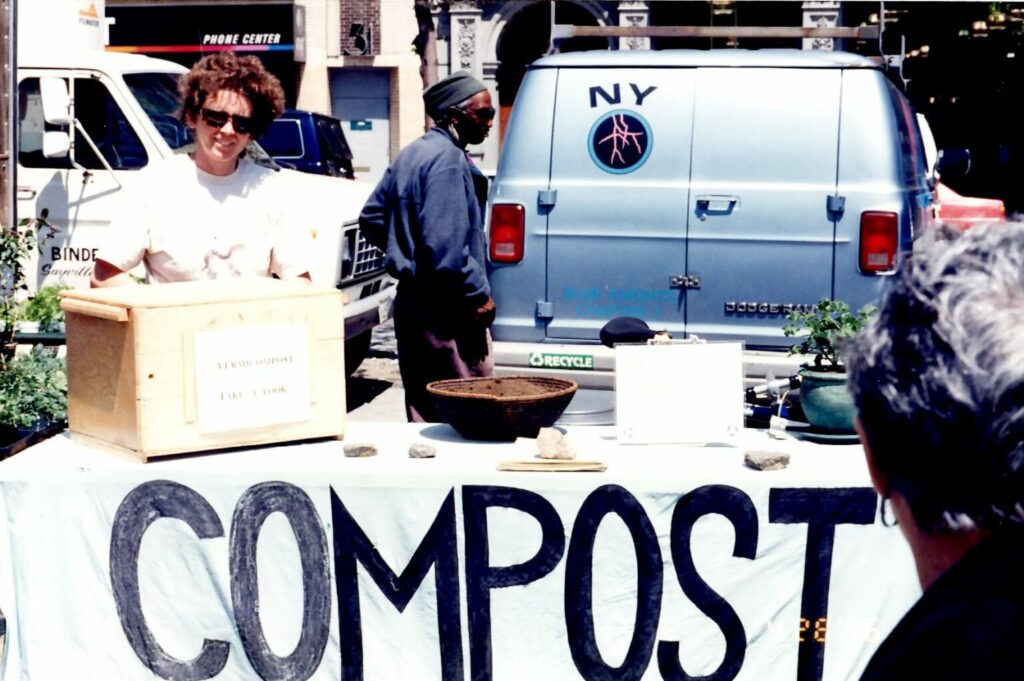
That work continued to grow. We continued to collect more food scraps and more people were interested in composting, which took us to East River Park in the late-90s where we started to run a larger composting operation. It allowed us to have a greater impact and create even more compost to donate to parks, community groups, and anyone who wanted the finished material to rebuild the health of their gardens.
Why are community composting programs under threat?
RC:
For community composting in New York City, Grow NYC, the Lower Side Ecology Center, Big Reuse, Earth Matter, and the four botanical gardens have funding through the City to run compost education like the Master Composter class and provide technical support and resources to community gardens to help them in their composting journey. We also run food scrap drop-off sites and processing sites where those food scraps can be made into compost in the neighborhoods that they’re collected from. Across all these organizations there’s a $6 million budget line to fund all that work. And that budget line is being removed, which leaves no funding for these organizations to carry out this work. The Department of Sanitation has given us until December 31st to completely close all the drop-offs, wrap up the Master Composter courses, and to lay off the staff that have been doing this incredible work. Across all the organizations that comes to about 115 staff.
You touched on soil health and the circularity of compost. Why is community composting so important, not just to the places that we live, but also the people and the community itself?
RC:
Organic materials should be composted so that nutrients can be cycled back into the soil to grow more food. It’s such a tangible and visual process that doesn’t require technology. Unlike recycling an aluminum can, the composting process allows people to see and be a part of the process. You can turn a pile of compost and a month later come back and that apple core has transformed into this black gold, this crumbly finished compost material. Especially in the community setting, it brings people together around the things that are part of our everyday life.
There’s also the magic of people coming together to learn new things. The journey can take you on this sustainability path where you learn about compost, then you learn about gardening, then maybe you go farm somewhere.
People are able to engage in building a greener city in a way that gives hope.
Antonio Lopez:
In a world where there are less and less third spaces—not your home, or work, but a place where you could go and meet people—composting is about making connections and friendships.
The compost world is so extremely open and diverse—you have people from every background. It’s people that work with NYCHA students to teach them about composting, and also urban farmers. Everybody’s one or two degrees of separation from knowing somebody because of the compost world.
RC:
In the time of our climate crisis, people are trying to figure out what to do to help the world. Composting, especially if it’s at a community garden or a neighborhood drop off point, feels like an important act of doing something. People are able to engage in building a greener city in a way that gives hope.
In urban settings, it’s hard to connect with nature and the natural environment. We bring these worm composting bins to workshops, and it’s so amazing to see people—whether you’re a child or an adult—be transformed. Looking at a worm, they’re wiggly and slimy. It just takes one brave kid to put a worm in their hand and let it wiggle. And then slowly, even the person who is like, “I’ll never touch a worm,” will be curious enough. The transformational moment for someone who once regarded a part of their natural world with fear and almost disgust, shifting towards wonderment, curiosity, and a newfound openness to learn more, is truly an invaluable experience.
What is one thing people can do today to be better connected to the ecology of the city?
RC:
I always say to turn a compost pile to see your food scraps be transformed into this fertile, rich, finished compost to put on a garden bed is magic. People have this aha moment of understanding the value of the waste that we’re throwing away. It isn’t waste when we keep our food scraps in this cycle of nutrient recycling. Turn a compost pile at a community garden or community space near you.
